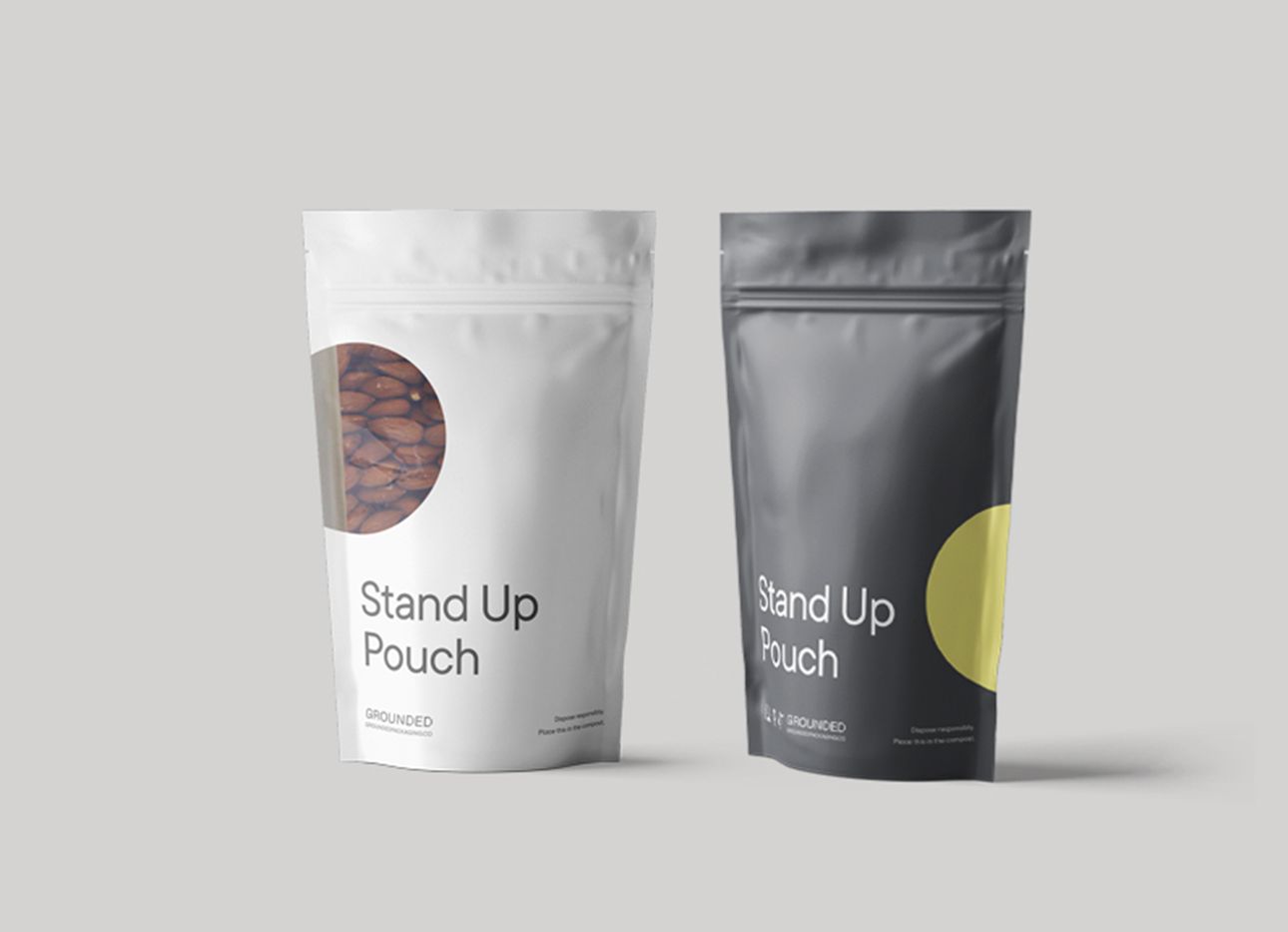
This Australian Company Aims to Make Packaging Easy—and Actually Sustainable
“Sustainability” is stamped on so many products these days—having become corporate America’s go-to buzzword throughout the 2010s—that it’s effectively meaningless at this point. Indeed, because of this, the word is even on The Slowdown’s “banned words” list (though for this particular piece, given the context, we’re making an exception). At its most basic, “sustainability” is simply meant to refer to operating in a way that is compatible with the natural world, and that could continue to operate without depleting the planet’s resources. Global supply chains in 2021 are so complex, though, that it can be hard to know if describing certain businesses as “sustainable” can ever truly be done. Just ask Austin Whitman, founder and CEO of the climate certification nonprofit Climate Neutral, with whom we spoke earlier this year on Ep. 103 of our At a Distance podcast; he’s trying to tackle this issue head-on through data and analytics.
Ben Grant and Josh Kempton, the hospitality world veterans and founders of the packaging maker Grounded Packaging, which they launched out of Sydney in 2019, are taking their own pragmatic approach. They want to not only make it possible for companies to make the “sustainability” claim—but do so in a way that’s relatively easy and straightforward, too. They base their ethos on the Ellen MacArthur Foundation’s vision for a “circular economy,” one in which all packaging is entirely reusable, recyclable, or compostable, and in which both governments and businesses play a role in the end of life infrastructure and objectives. Through using only reusable, recyclable, or compostable materials, and developing a new sugarcane-based “bioplastic” that is a compostable alternative to single-use materials, Grounded offers businesses an option for packaging that is both effective and works toward producing zero waste.
Grant and Kempton acknowledge that good, thoughtful packaging is important in itself to preventing waste—particularly in the food industry, which in the United States makes up almost half of all municipal solid waste, according to the Environmental Protection Agency—and simply needs to be done better to interrupt the waste of the current supply chain. One of Grounded’s slogans is “Leave nothing behind,” calling to mind a welcome sign at a campsite (or at a land artwork, such as at Robert Smithson’s “Spiral Jetty” in Great Salt Lake, Utah) that reminds visitors to respect their surroundings and leave the site just as they found it. If our supply chains could follow this advice, we’d probably be closer to a world in which sustainability actually means something.